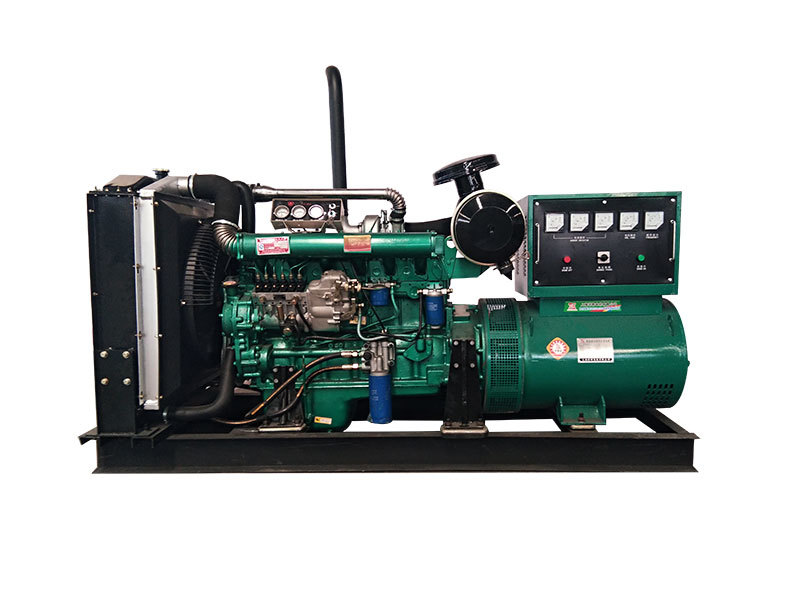The Unseen Heroes: Generator Sets and Their Role
In an increasingly interconnected world, it's easy to take electricity for granted. Yet, have you ever wondered what keeps the lights on when the grid goes down? The answer lies in the unsung heroes of our modern infrastructure: generator sets.
Understanding the Basics of Generator Sets
A generator set, often referred to as a genset, is a combination of an engine and an electric generator. These machines convert mechanical energy into electrical energy, providing a reliable source of power when the primary grid fails or is unavailable.
Different Types of Generator Sets: Diesel and Industrial
There are various types of generator sets, each with unique features and applications. Two prominent categories are diesel generator sets and industrial generator sets.
Diesel Generator Sets: Powerful and Dependable
As the name suggests, diesel generator sets run on diesel fuel. Diesel engines are known for their robustness, longevity, and fuel efficiency. They can provide power ranging from a few kilowatts to several megawatts, making them suitable for diverse applications, from residential backup power to large-scale industrial operations.
Industrial Generator Sets: Built for Heavy-Duty Tasks
Industrial generator sets are specifically designed to withstand the rigors of continuous operation in demanding environments. They often feature advanced control systems, ensuring smooth operation and quick response times. Industrial generator sets can run on various fuels, including diesel, natural gas, and propane.
Choosing the Right Generator Set: Key Considerations
When selecting a generator set, several factors come into play. These include the intended application, power requirements, fuel type, and budget. It's also essential to consider the generator's noise levels, emissions, and physical dimensions, especially for installations in urban areas or close to residential buildings.
Sizing Your Generator Set: A Crucial Step
One of the most critical aspects of choosing a generator set is ensuring it's appropriately sized for your needs. Undersized generators may not deliver the required power, while oversized ones can lead to inefficiencies and increased costs. As a rule of thumb, your generator should be able to handle your peak power demand, with some extra capacity for future expansion or unexpected surges.
Maintaining Your Generator Set: Ensuring Reliability and Longevity
Regular maintenance is vital to ensure your generator set performs optimally and has a long service life. This includes regular inspections, oil and filter changes, and testing under load conditions. Many generator manufacturers offer comprehensive maintenance packages, ensuring your equipment remains in top shape.
The Importance of Regular Load Bank Testing
Load bank testing is a crucial part of generator maintenance. It involves running the generator at full load for a specified period, typically a few hours. This process helps identify any potential issues, ensures the generator can handle its rated load, and prevents the buildup of unburnt fuel in the engine, which can lead to wet stacking and reduced performance.
Looking Ahead: The Future of Generator Sets
As we move towards a more sustainable future, the generator set industry is also evolving. We're seeing a shift towards cleaner fuels, hybrid systems, and smart generators that can integrate seamlessly with renewable energy sources. These advancements promise to make generator sets even more efficient, reliable, and environmentally friendly.
In conclusion, generator sets play a vital role in ensuring uninterrupted power supply in various sectors. Whether you're looking for backup power for your home or a reliable power source for your industrial operations, there's a generator set designed to meet your needs.
For more detailed information about generator sets and how they can benefit your specific situation, please visit our official website: backup power





